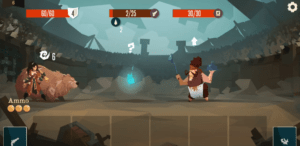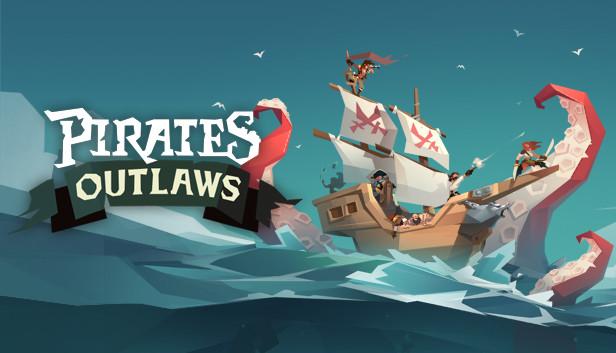Pirates Outlaw is a rogue-like card game where you fight through islands, building your deck and unique strategy along the way. It was created by Fabled Game for Windows, iOS, and Android, targeting card and strategy game enthusiasts that are interested in continuously experimenting with new forms of gameplay. You unlock various characters to play throughout the game, each one carrying a wildly different strategy. Within each character, the diversity and randomness of the cards also means there are an incredible amount of ways to build your deck and optimize your personal strategy- which may change drastically depending on the cards you encounter. Within Pirates Outlaw, a single-player game, balance can be ascribed to the challenge level of the game itself, the selection of characters and which one players prefer to play, as well as the selection of the cards a player wants to aim for to even out their deck.
Pirates Outlaw plays with two of the three ways to balance game objects very well. Within transitive relationships, each style of card, if compared to another card, can deal different amounts of damage. Harder hitting cards thus end up costing more- either costing more ammo, demanding you to sacrifice a card or life, or are rarer to find overall. I find the cards that follow this pattern to be quite balanced- ultimately each card has a unique property (ex: one might hit three enemies at a time) but the underlying principle of transitive relationships remains. The game plays with intransitive relationships between types of enemies. Enemies vary between types such as human, spectre, undead, or monster. There are specific types of cards that deal more or less damage to them based on the card properties, and they also each have their own unique characteristics (ex: spectre enemies, when low on health, become flames and untargetable for a couple of turns, possibly blocking your ability to hit other enemies. This means that players are forced to think more deeply about their hand and curate it to match enemy types, since one hand focusing purely on melee cards (which would not be able to help you too much when fighting spectre enemies) would be weak against this enemy type.

Pirates Outlaw also uses fruity relationships to a degree- as in, the objects do not have correlation between themselves, but to a game mechanic. Each character holds specific statuses they can gain and lose- for instance, a character with a bear sidekick has one called Rage that can activate once you play a card enough times, a character that focuses on curses (cards enemies can add to your deck to make it worse) has stacking qualities depending on the number of curses in your deck, et cetera. These character traits and statuses are entirely new game mechanics most of the time, which make them very hard to compare to each other. Thus, the game both allows players to experience the game in drastically different ways and also ensures that one character does not rise up as the main powered one over another.
I believe that Pirates Outlaw is a game that is balanced extremely well, and has an incredible amount of combat mechanics that interweave together without damaging the balance of the game. Players choose to engage with as many elements of the game as they want, thus also scaling to players’ comfort levels with how many factors they want to juggle.




